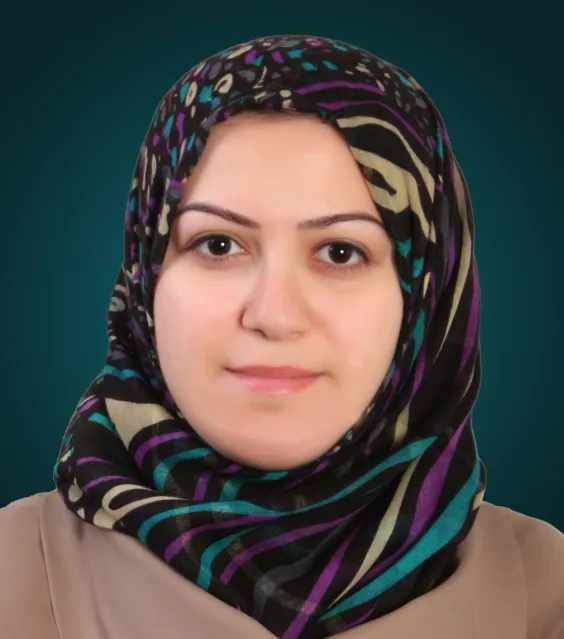The Support Team
Back to support team
Professor Hanan Khalil

Professor. Hanan Khalil is a professor of neurological rehabilitation at Qatar University, department of rehabilitation sciences, college of health sciences. Professor. Khalil is a researcher in the area of rehabilitation and exercise and related outcome measures in people with Long Term Neurological Conditions (LTNCs) namely multiple sclerosis (MS), dementia and Parkinson’s disease (PD). Further research interest includes cross-cultural adaptation and validation of outcome measures in Arabic language as well as motor learning and the impact of exercise on improving non-motor symptoms in these populations including sleep, cognition an mood. More recently, Dr. Khalil is also involved in the area of mental health specifically in the area of trauma-informed care for traumatized individuals.
As part of her PhD degree at Cardiff University-UK and for the past 13 years, Dr. Khalil has been actively involved in these areas of research. She successfully obtained funding (as a principal investigator) and led clinical several studies (both observational and interventional) in people with neurological diseases and mental health issues.
Dr. Khalil was a member of the International Parkinson’s Disease and Movement Disorders society (MDS) task force for the Middle East and currently is a member of the MDS working group for the Middle East. Through this, Dr. Khalil led two multi-site projects for translating and validating standardized outcome measures in PD in Arabic language. She also led several MDS educational courses in the area of rehabilitation for people with neurological diseases for the allied health professions.
As a recognition of her research and scholarly activities, Dr. Khalil won the L’Oréal UNESCO for Women In Science Levant fellowship in 2018 and further she was selected for the TechWomen Emerging Leader Program award as well as for the International Parkinson’s Disease and Movement Disorders’ Society (MDS) LEAP program for young leaders of 2019. Further, she was selected to participate in a number of WHO advisory committees in the area of brain health and neurodegeneration.
